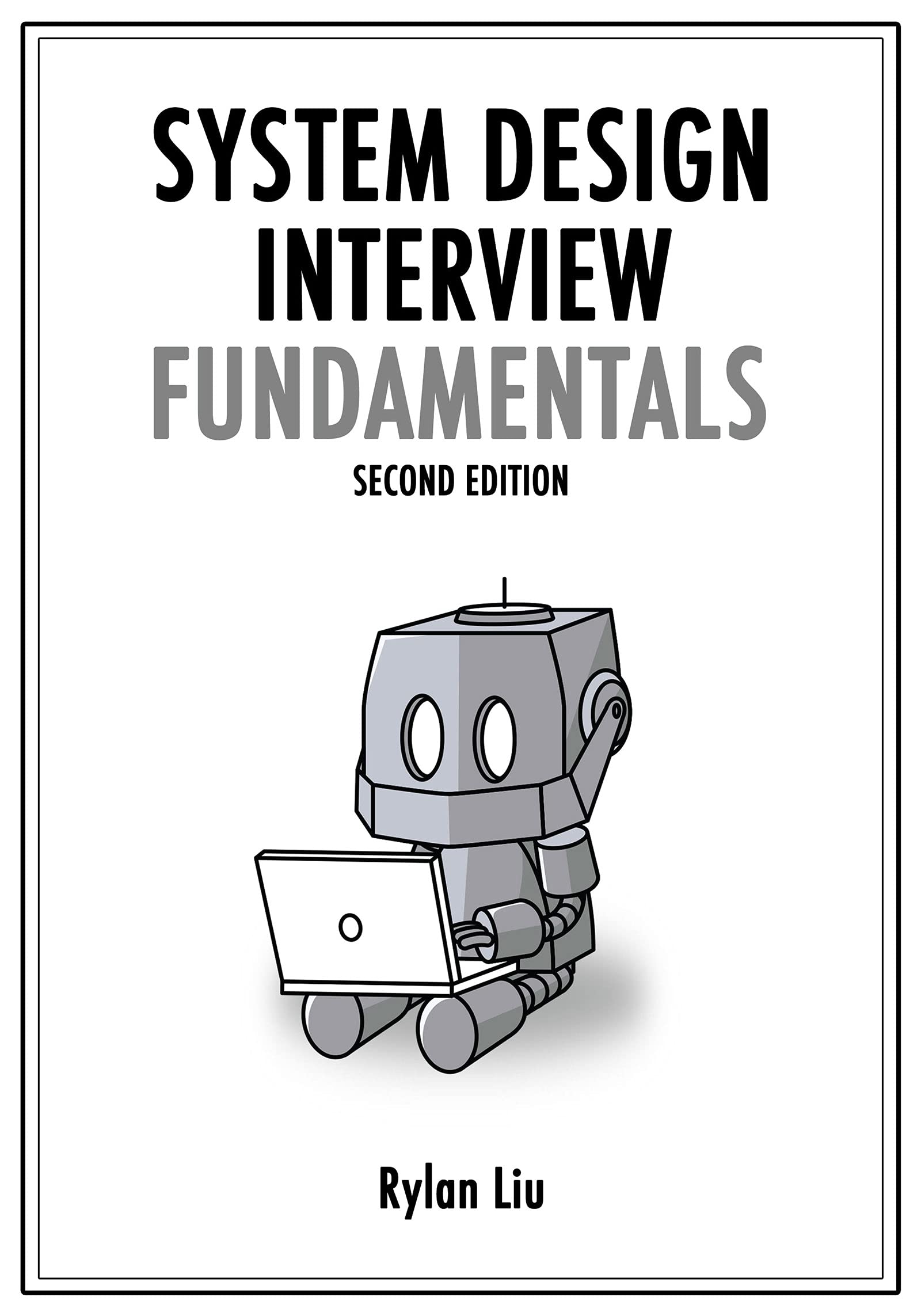System Design: Toolbox
Here is something I will note for Technological Toolbox in the book “System Design Fundamentals”, but I haven’t start :)

1. Back-of-the-Envelope Math
What is the Purpose?
Do I Need to Do Math?
Types of Back-of-the-Envelope Calculations
Back-of-the-Envelope Calculation Techniques
Common Mistakes
2. API Design
Idempotency
Client vs Server Generated Data
Efficiency
Correctness
Focus on the Core
3. Schema Design
Defining Schemas
4. Indexing Strategies
What is Indexing?
Primary Index
Secondary Index
Index Use Cases
Key or Attribute Lookup
Range Lookup
Prefix Search
Composite Index
Geo Index
5. Databases
Definition
Purpose
How Do I Choose a Database?
Types of Databases
Relational Database
Document Store
Columnar Store
Object Store
Wide Column Store
Reverse Index Store
In-Memory Store
Geo-Spatial Databases
ZooKeeper
6. Real-Time Data Update
Use Case
Short Poll
Long Poll
Server-Sent Event
WebSocket
How to Pick a Protocol
How to Scale WebSockets
WebSocket Load Balancer
Is Connection Still Alive?
7. Concurrency Control and Transaction
Definition
Purpose and Examples
Single Thread
Single Thread Micro Batch
Partition Into Multiple Serial Processing
Pessimistic Locking
Optimistic Locking
Change Product Requirement to Simplify
How to Pick a Concurrency Strategy
8. Replication
Definition
Purpose and Examples
Leader-Follower Replication
Leader-Leader Replication
Leaderless Replication
How to Pick a Replication Strategy
What Should Be My Replication Factor?
9. Sharding Strategies
Definition
Purpose and Examples
Vertical Sharding
Horizontal Sharding
Hash Key
Range Key
Other Data Structures
Outlier Keys
Geo-Shards
Sharding Considerations
Making the Final Recommendation
10. Cache Strategies
Definition
Purpose and Examples
Improve Latency
Improve Throughput
Improve Bandwidth
Cache Considerations
Cache Hit Rate
What Are You Caching?
Write to Cache
Cache Invalidation
Cache Eviction
Failure Scenario and Redundancy
Data Structure
Thundering Herd
11. Asynchronous Processing
Definition
Purpose
Synchronous and Asynchronous
Reasons for Asynchronous Processing
The Nature of the Job is Asynchronous
The Processing Time is Indeterministic
The Processing Time is Long-Running
Improve Perceived Latency
12. Batch Processing
Purpose
Build Reverse Index for Search
Word Count for Document
Considerations
13. Stream Processing
Purpose
System is Down
Late and Out of Order Events
Watermark
Checkpointing
Batch Size
14. Lambda Architecture
Batch vs Stream Processing
Data is Enormous
Compute Intensive
Complexity of Streaming
Use Case
Lambda Architecture
15. Queue
Message Queue
Publisher Subscriber
Delivery Semantics and Guarantees
Custom Queue
16. Conflict Resolution
Last Write Wins
Conflict-Free Replicated Data Type (CRDT)
Keep Records of the Conflict
Custom Conflict Resolution
17. Security
API Security Considerations
Man in the Middle Attack
Authentication
18. Timeout
19. Exponential Backoff
20. Buffering
21. Sampling
22. ID Generator
UUID
Auto Increment
Auto Increment Multiple Machines
Strongly Consistent and Fault Tolerant
Distributed Roughly Sorted ID
Offline Generation
Custom ID
23. Compression
Lossless vs Lossy
Compression Efficiency
Quality of File
Computing Time to Compress a File
Compatibility of Devices
Compressed File Usage
24. Pass Only Needed Data
Filtering
Pass Chunk Delta with Rsync
25. Fail to Open
26. Distributed Transaction
Money Transfer
Blob Storage and Metadata Storage
Third Party Data Source
Database and Queue
Cache and Storage Update
Abstract Design Choices
27. Cold Storage
28. Networking
IP and Port
Domain Name System (DNS)
How to Route to the Closest Region
OSI Model
29. API Gateway
30. Content Delivery Network
Improve Latency
Reduce Bandwidth
Better Availability with Redundancy
CDN Considerations
31. Monitoring
Latency
QPS
Error Rate
Storage
Metrics Count
32. Full-Text Search
Text to Token Path
Normalize Step
Tokenize Step
Remove Stop Words Step
Stemming
Indexing
N-Gram
Search Query
Ranking
Data Source and Indexing Pipeline
33. Service Discovery and Request Routing
Load Balancing
Shard Discovery
34. Product Solutions
February 12, 2025
